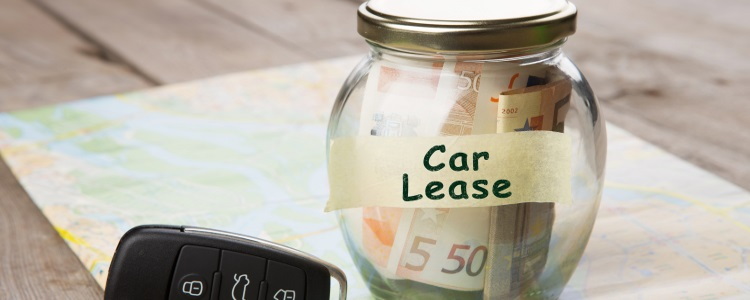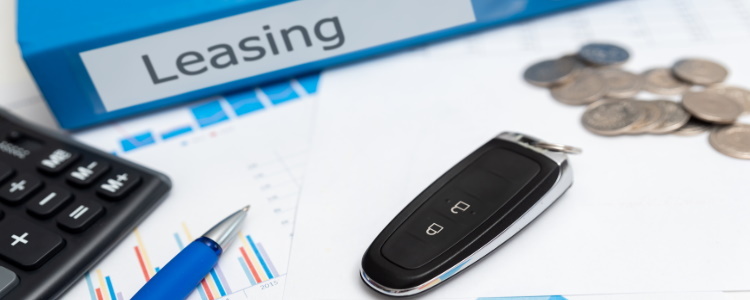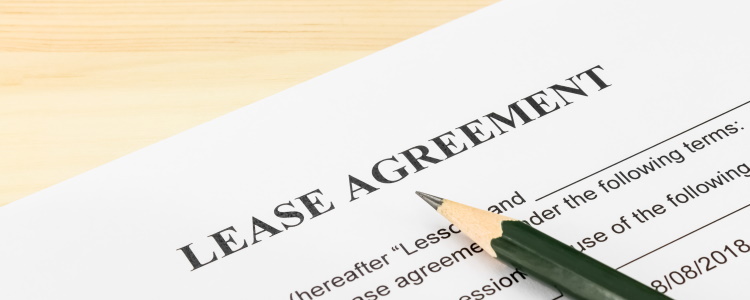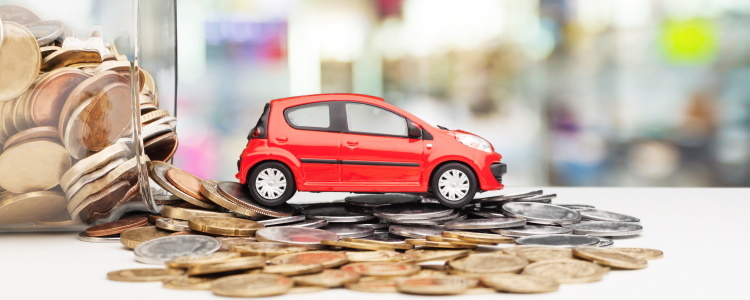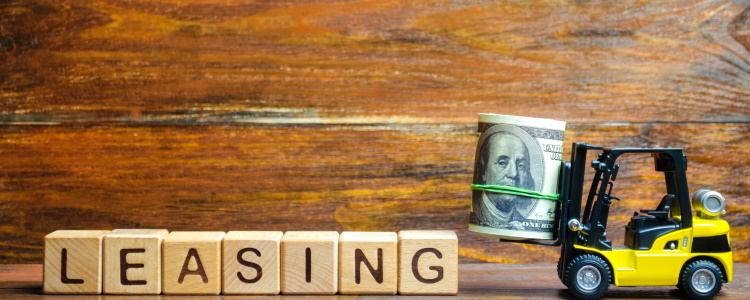The simple answer is no, you don’t need to make a down payment on a car lease, but you can. If you want to put money down either in cash or trade equity, a lender won’t say no to the offer. Putting money down on a lease doesn't lower the overall cost as it does with an auto loan, but it does lower the monthly payment.
Making a Down Payment on a Car Lease
When you make a down payment on a lease, it’s called a capitalized cost reduction, or cap cost reduction. Instead of making the overall cost of the lease cheaper, a cap cost reduction only helps you pre-pay the lease.
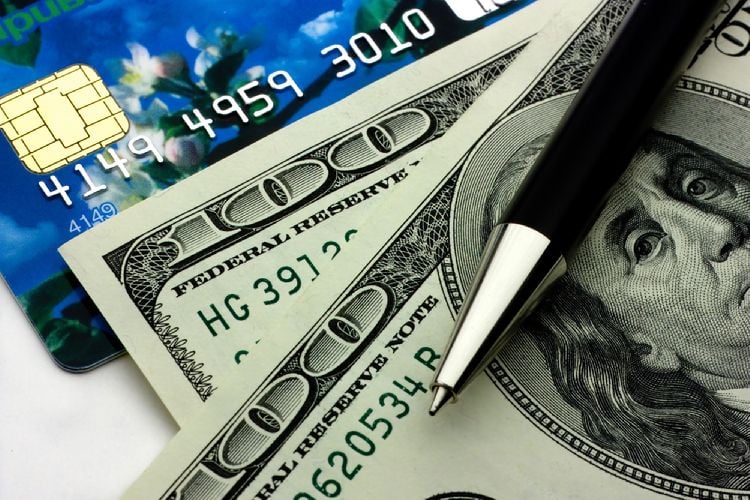
Although your monthly payment is lowered, you don’t save any money in the long run. This is because all taxes and interest charges are built into the lease upfront, unlike an auto loan.
You end up paying the same amount overall even if you put money down on a lease. However, if you do want a more affordable payment by using a cap cost reduction, you can. Your down payment can be made in cash, trade-in equity, or a combination of both.
The down payment isn’t refundable, along with other leasing charges such as an inception fee, title and registration fees, and the first month’s payment, so keep that in mind if you’re thinking about a cap cost reduction.
If something happens to the vehicle within the first few weeks or months, you don’t get any of that additional money you put down back.
Car Leasing Terms
Leasing and buying aren’t the same thing, but they have similarities with different definitions that can make it confusing. Here are few things that have different names depending on if you lease or buy:
- Down Payment – In leasing, we know putting money down is called a cap cost reduction, but it's called a down payment when you get an auto loan to buy a car.
- Price – A vehicle's negotiated price is called the purchase price when you buy, but it's called the capitalized cost when leasing.
- Interest Rate – Surely you've heard of an interest rate on a car loan, but it's called a money factor when leasing. A money factor is the amount charged for financing and is expressed by a decimal rather than a percentage, although it works in much the same way as an interest rate.
Where Does the Down Payment on a Lease Go?
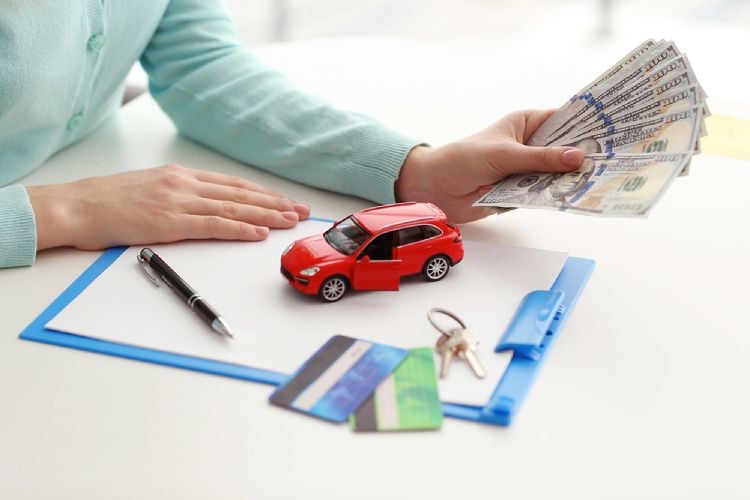
Because the interest is part of the lease payment and it’s not simple interest like a car loan, a down payment isn’t going to lower the overall cost of a lease. Instead, the down payment is considered a cap cost reduction. The capitalized cost includes the vehicle’s price and any inception fees, as well as title and license fees if they’re not paid up front. There are three factors that make up a monthly lease payment: depreciation (which includes the of miles plus any extra miles that you purchase), the money factor (interest rate on a lease), and the monthly taxes.
You can lower the monthly lease payment with a down payment, but, ultimately, you’re not saving any money on the overall cost of the lease. Instead, you’re pre-paying the depreciation and interest charges.
Hidden Lease Fees to Be Aware Of
Just because you choose to not put money down doesn’t mean you’re clear to drive off without paying anything. Sales tax is added to each monthly payment, but you may see these extra fees over and above the money factor and depreciation when you lease:
- Acquisition fee – Amount charged by the leasing company to set up a lease, also called a bank fee. It's usually added to the cap cost and rolled into the monthly payment.
- Security deposit – Not always required, a security deposit is typically the same amount as your monthly lease payment, and is due at signing. Unless you have excessive wear and tear or exceed your mileage limit, you get the security deposit back at the end of the lease.
- Disposition fee – Sometimes called a termination fee, this is what the leasing company charges to transport and sell the vehicle at the end of the lease. If you buy the car after the lease ends, you typically aren’t going to be charged this fee.
- Documentation, title, and license fees – Doc fees vary by dealership, and state title and licensing fees are the same as if you were financing a vehicle.
In addition, you can also expect to pay the first month’s payment at signing. This is because you pay at the beginning of the month instead of the end – like usual when renting. Make sure you’re prepared to make the first month’s lease payment when you sign the contract.
The Bottom Line
Making a down payment isn’t required on a lease, but that doesn’t mean you can't make one. If it makes sense for you to apply a cap cost reduction, go for it!
If you’re thinking about leasing your next car, you should be aware of the leasing requirements you have to meet. The biggest one is where your credit stands – leasing is typically reserved for people with good to excellent credit.
If your credit is less than perfect, you may not qualify for a lease right now. Instead, you may need to consider a bad credit auto loan if you need a vehicle. You can use the loan to improve your credit score and try to lease again in the future.
When you’re ready to take the plunge into car buying, Auto Credit Express is here to help. We've been connecting consumers to special finance dealerships that know how to handle bad credit for 20 years.
